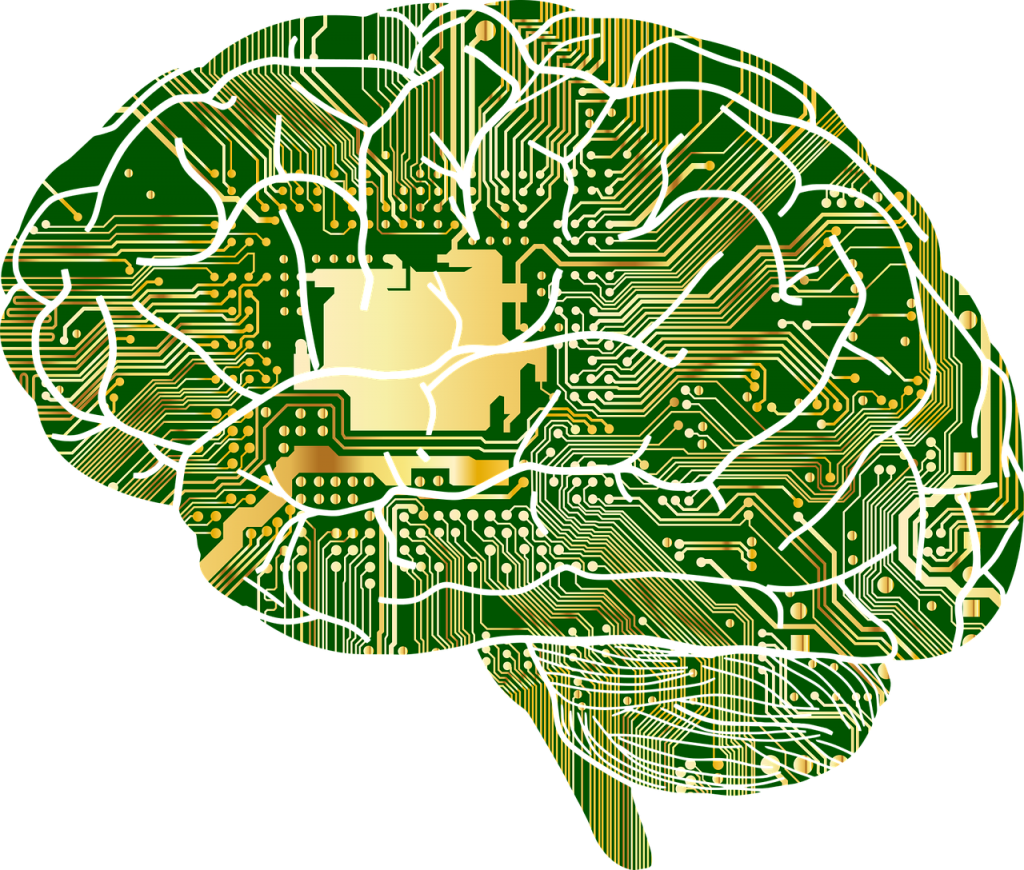
The United Kingdom: AI Strategy
The government of UK is working towards implementing artificial intelligence as the driver of the country’s growth in multiple sectors. It has earmarked a budget of around £1 billion for research and development in AI technology and its implementation in various fields.
The government of UK believes that AI can have a significant positive impact of GDP and productivity growth of the UK economy. According to reports, AI could bring about an uplift of 22% to the current GDP of the UK by 2030, adding over £630 billion to the UK economy. The United Kingdom is already among the top few countries on AI readiness and has the highest number of AI startups in Europe.
The Next AI Generation and Investments
The country is preparing its next-generation well to increase its AI-related skills and competencies. The government of the UK has proposed to create 16 new centres for Doctoral training that would deliver 1,000 new PhDs over the next five years and has created 2,500 new places for AI and data conversion courses. The proposals include funding of £406 million to develop STEM skills among human capital.
The initiatives and investments of the UK government to encourage the development of knowledge and skills related to AI include new AI Turing Fellowships to attract and retain AI researchers and a new National Retraining Scheme aimed at providing advanced digital training.
The UK government is supporting research in AI with its £300 million funding for research in AI and data science, £157 million funding for 179 AI grants, and £72 million for the Alan Turing Institute. The government is also financing the launch of a Centre for Industrial Digitization, Robotics and Automation, in addition to funding the Early Diagnosis Mission for early diagnosis of treatments using AI.
Expectations and Current Uses of AI Technology in the UK
The United Kingdom shows an encouraging increase in the use of AI in multiple sectors, including healthcare, politics, labour market, finance, central banking and regulations, and police. For the year 2019, 46% of the healthcare companies in the UK reported using AI technology in some capacity, an increment of 8% compared to 2018. For instance, the NHS is already using the InnerEye System to process scans for patients with prostate cancer, DeepMind system to diagnose and treat serious eye conditions, and the HeartFlow technology to analyse CT scans of patients with coronary heart disease.
Additionally, AI is also being used to augment the productivity of workers in the labour market. It is also changing the face of politics in the UK by changing the way people live, interact, and vote, and by allowing the members of the public to interact with the government and other governing bodies. Several police officials are also being trained on AI’s facial recognition technology already deployed by the London Met Police. AI is also implemented in the finance sector with London at the top of the ranking of best platforms for fintech startups and banks. The technology is used in robo-advisory to reduce the complexity and high costs associated with wealth management while banks use AI for ease of customer identification and authentication via chatbots and also prevent fraud.
Impact of AI on Real Economy
AI will impact not only the real economy but also the fundamentals of supply and demand. The technology can affect the number of jobs, their nature, and associated remuneration. Therefore, AI can impact the labour market negatively by increasing income disparities and some income and employment losses.
AI will also change the dynamics and market structure of financial services. It can increase the competition among peers and lift up the entry barriers for new players. AI can also lead to big policy changes after a wider application.
Consumer Conduct Issues and Ethical Challenges Raised by AI
AI is not perfect and has the potential to raise massive ethical issues and consumer conduct challenges. Firstly, as discussed above, AI can lead to job losses and income inequality. It may also generate harmful information if fed with wrong data and statistics. Therefore, AI cannot be trusted blindly due to the possibility of unintended consequences.
Most significantly, what if AI evolves to surpass human beings? The biggest ethical challenge lies in AI’s chances to become smarter than human beings and control them. If not harnessed efficiently, the technological singularity of AI could become the cause of the end of the human race!

Founder Dinis Guarda
IntelligentHQ Your New Business Network.
IntelligentHQ is a Business network and an expert source for finance, capital markets and intelligence for thousands of global business professionals, startups, and companies.
We exist at the point of intersection between technology, social media, finance and innovation.
IntelligentHQ leverages innovation and scale of social digital technology, analytics, news, and distribution to create an unparalleled, full digital medium and social business networks spectrum.
IntelligentHQ is working hard, to become a trusted, and indispensable source of business news and analytics, within financial services and its associated supply chains and ecosystems











